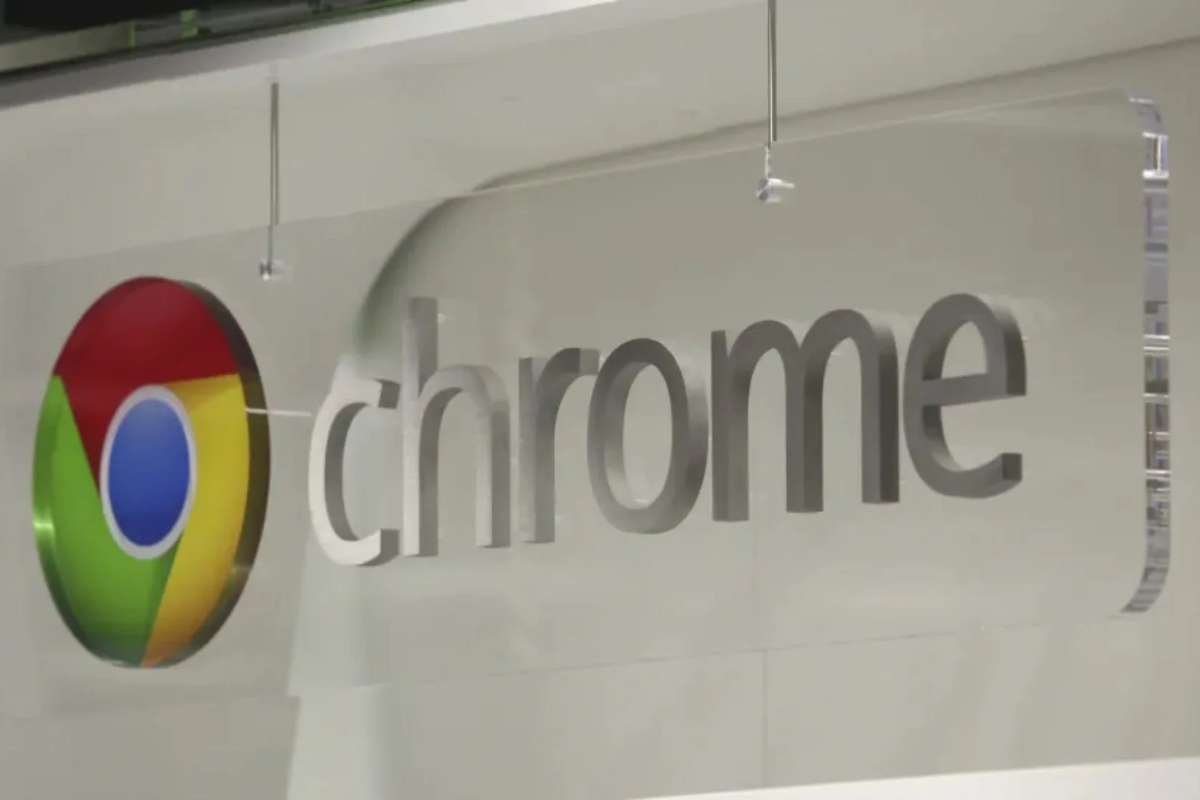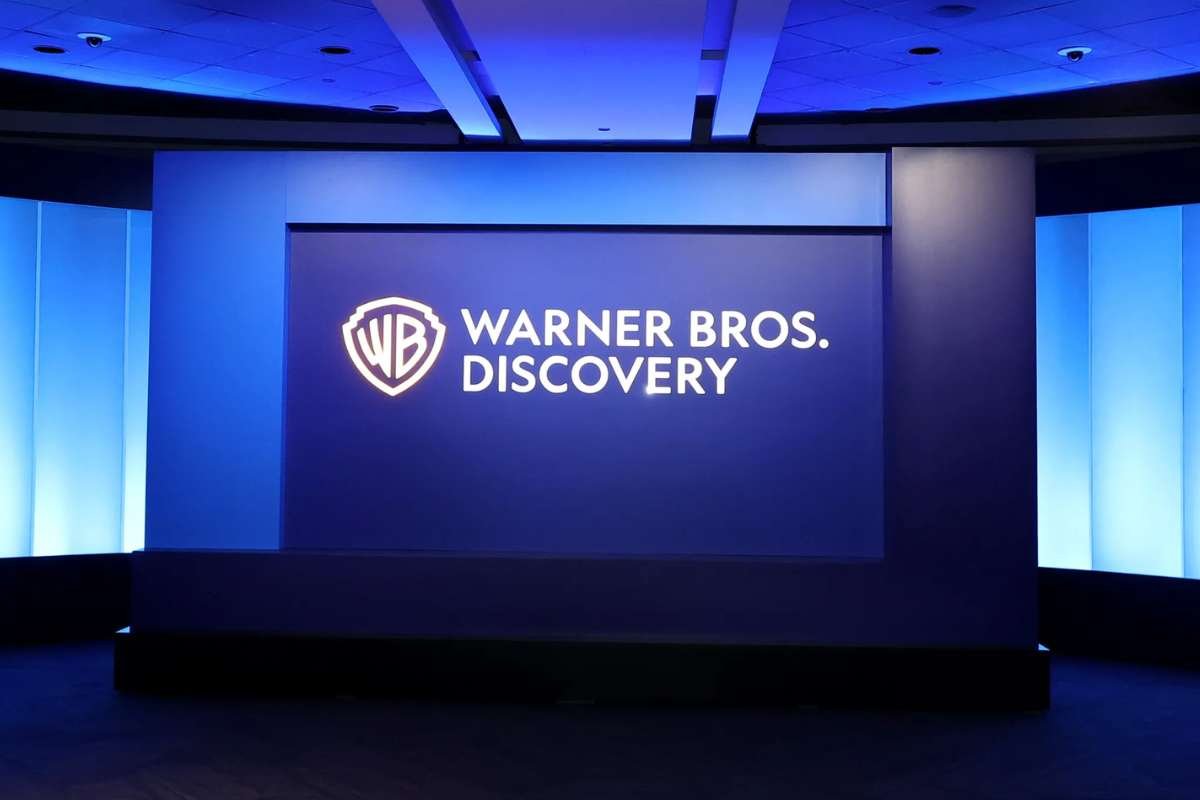The US Department of Justice (DOJ) is intensifying its efforts against Google, seeking significant changes to dismantle its search monopoly. On Wednesday, DOJ prosecutors urged a Washington court to mandate the divestiture of Google’s Chrome browser and proposed other substantial remedies. This case marks the most prominent federal antitrust challenge since the AT&T breakup in 1982. Judge Amit P. Mehta, who previously ruled Google’s search practices as monopolistic, is expected to decide on remedies by next summer. Google, already planning an appeal, has a month to respond to the DOJ’s recommendations.
Among the US Department of Justice’s proposals are requirements for Google to stop favoring its services on Android devices or potentially sell off the Android platform. The DOJ also called for prohibiting Google from paying device manufacturers, like Apple, to set its search engine as the default. Additional measures include allowing rivals low-cost access to Google’s search index and giving publishers an option to prevent their content from being used to train AI models. If implemented, these measures could drastically alter Google’s business model, reshaping the digital landscape and spurring competition in the tech sector.
Transition Challenges Amid Political Shifts
The case against Google gains further complexity with the upcoming shift to a new administration under former President Donald Trump. While the Biden administration aggressively pursued antitrust actions against Big Tech to curb market dominance, Trump has historically focused on concerns about these companies’ influence on public discourse. In a previous interview, Trump expressed reservations about breaking up Google, citing its strategic importance against global competitors like China. Instead, he suggested implementing fairness measures without dismantling the company.
Antitrust experts note potential continuity in the Google case, as it originated during Trump’s first term and was carried forward by Biden. However, Trump’s second-term agenda might prioritize addressing alleged “censorship” by tech platforms. Speculation about a possible settlement in the case looms, with some experts recalling George W. Bush’s US Department of Justice settling the Microsoft monopoly case initiated under Clinton.
Broader Implications for Big Tech
The case against Google is part of a broader crackdown on tech giants under the Biden administration, which also initiated a second antitrust case against Google concerning its online advertising dominance. Closing arguments in this separate case are set for Monday, with a ruling expected next year.
Google Vice President Lee-Anne Mulholland criticized the DOJ’s proposals as harmful to consumers, developers, and U.S. tech leadership. Meanwhile, Assistant Attorney General Jonathan Kanter, who spearheaded the DOJ’s antitrust actions, has been praised for his rigorous approach, signaling that continuity in enforcement may persist despite political transitions.
The stakes remain high as Judge Mehta plans an evidentiary hearing early next year. The outcome could redefine antitrust enforcement and competition in the digital economy, with ripple effects across other Big Tech players like Apple, Meta, and Amazon. Whether the US Department of Justice succeeds in breaking up Google or opts for alternative remedies, this landmark case underscores the growing scrutiny of tech giants’ influence in modern markets.


















